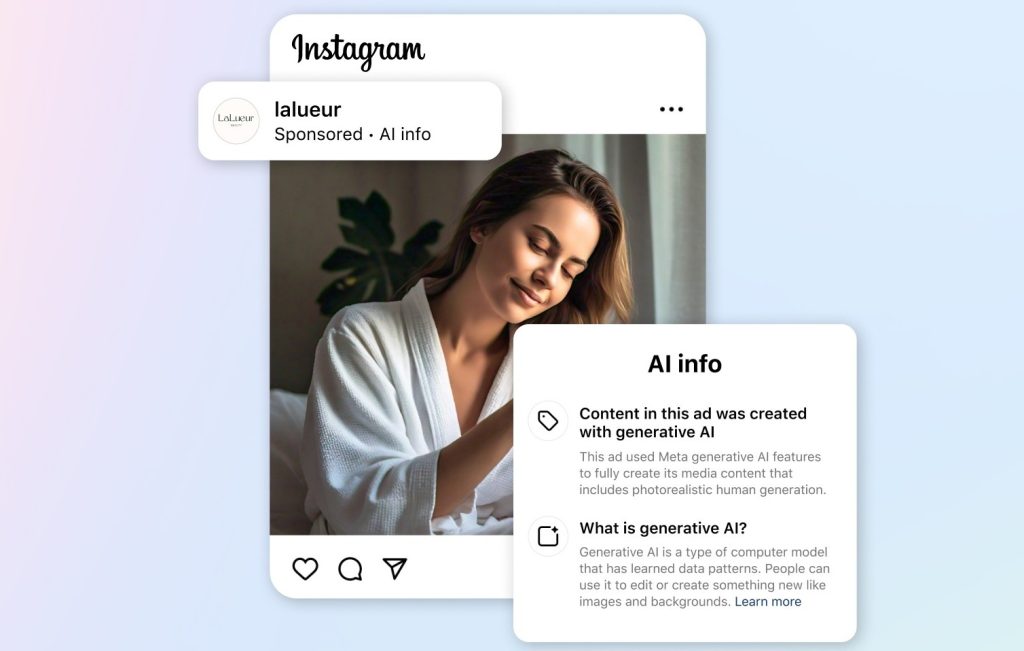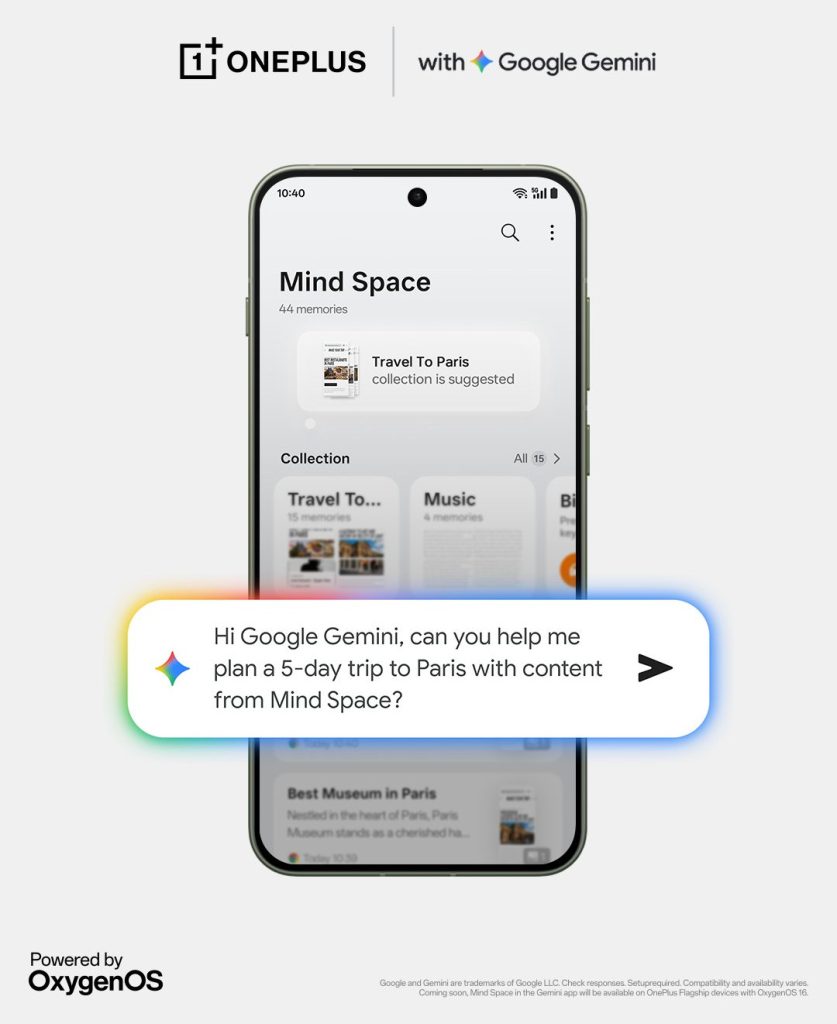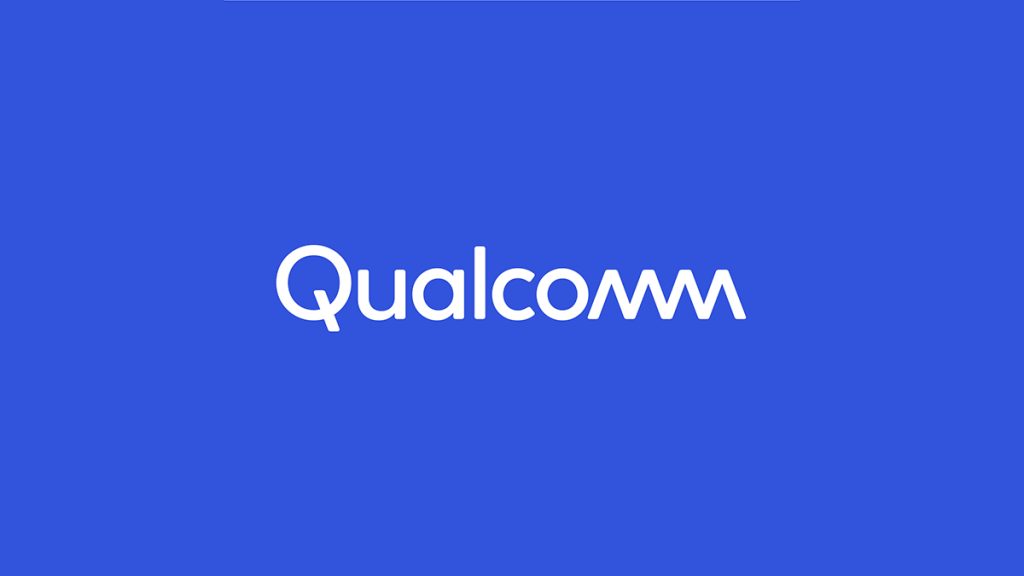Meta's Privacy Policy Evolution
Meta Platforms Inc. has rolled out significant updates to its Privacy Policy and Terms of Service, taking effect on June 26, 2024. The changes clarify how the tech giant will leverage publicly shared information and interactions with its burgeoning artificial intelligence (AI) features to train its AI models and, crucially, to enhance personalized advertising across its vast ecosystem, including Facebook, Instagram, and WhatsApp.
The Scope of Data Use
Under the revised policy, Meta explicitly states its intent to utilize a broad range of data to fuel its AI ambitions. This includes publicly visible posts, comments, and photos shared on its platforms, as well as the content of user interactions with Meta's AI features, such as prompts given to Meta AI. While Meta reassures users that private messages will not be used for AI training, the comprehensive scope of public and AI interaction data has ignited fresh debates over user privacy and data consent.
The company maintains that these efforts are aimed at improving its AI tools, making them more accurate and helpful, and delivering a more tailored experience, including advertisements that are more relevant to individual users. For users in the EU/EEA, Meta has introduced a 'right to object' form, though its applicability is limited, primarily excluding data that has already been made public.
“We use content you create, view, listen to, and share, along with how you interact with our Products and other data, to personalize your experience. This includes using these signals to inform our AI models, which power features like Feed ranking, Reels recommendations, and our generative AI experiences, ultimately enhancing relevant advertising.”
— Meta Platforms Inc., Official Privacy Policy Clarifications
Industry and Consumer Implications
This policy shift underscores a growing trend among major tech companies to integrate AI more deeply into their core services. For consumers, it signals an era where their public digital footprint and even their casual AI conversations could directly influence the ads they see. For the advertising industry, it represents a powerful new frontier in targeting capabilities, potentially leading to even more precise and effective campaigns. However, it also intensifies scrutiny from privacy advocates and regulators, particularly in regions with strong data protection laws like Europe, where the balance between innovation and individual rights is constantly being re-evaluated.






